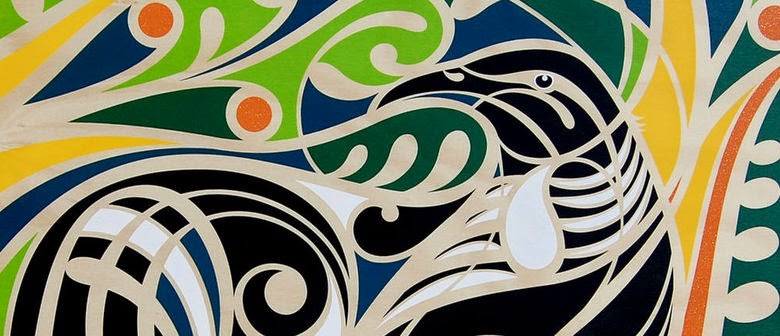I write this sitting in my mother’s
home office, a place from which has flowed rangatira influences that have
impacted generations of whanau hapu and iwi – none moreso than my own.
The results of rangatira influences are
matters for reflection at this time of year as we review the past and plan the
future. And, because God is the Big
Influencer, ko
te amorangi ki mua, ko te hapai o ki muri is how we begin and end both
exercises.
There were
wins and losses for te taha o te Rangatiratanga in 2014.
We lost many
rangatira, including Merimeri
Penfold, Mark
Pikaahu, Nin Tomas,
Pereme
Porter, Sol
Whata, Wayne
Evans, Mary
Shan, Sally
Pikaahu, Mason
Williams, Ataarangi
Matiu, Terry
Tepania, Matekino
Hack, Luke
Tipene, Agnes
Campbell and Jane
Waipouri.
Haere e nga
mate. Haere, takahia
nga tapuwae o te tini o te mano, kua huri ki tua o te arai. Haere ki nga
rangatiratanga, ki nga mana, nga pukorero o nga hau e wha kua mene ki te po. Toitu
he kainga, whatu ngarongaro he tangata. Ko koutou tenei kua haere; ka ngaro koutou,
nga kaipupuri o te Maoritanga, nga kaihapai i nga mahi—e rau rangatira ma,
haere, e moe i roto i te Ariki. May we rejoice when once again we meet
over the way.
At the other
end of mortality, in 2014 we welcomed thousands of mokopuna i te ao marama;
every one of them trailing clouds of glory. Miharo!
May we ever remember who they truly are.
In 2014 we
also lost te rangatira mangai i roto i te whare miere kei Te Whanganui a
Tara. At the same time we regained a passionate
activist and leader back on the ground. E
Hone, ko koe he rangatira tonu i roto i tenei ao mo nga iwi rawakore. May you be blessed with success in that role.
In 2014 we
lost some ground to those elements i roto i Te Kawanatanga who think a good and
balanced relationship with Te Rangatiratanga is one based on a history
of ‘peaceful settlement’ before 1840 and their control since then.
But we also
made more significant gains like the Waitangi Tribunal’s reaffirming report
into Stage
1 of Te Paparahi o Te Raki Inquiry, and the increasing self-awareness
amongst whanau hapu and iwi of our God-given Rangatiratanga. May we always exercise that in Godly fashion.-
Overall 2014
confirmed that, to varying degrees we are all descended from rangatira of
influence and each of us are, in turn, influential. As such, my mother’s home and office were a
great place to pen my final Northland Age column for 2014.
























